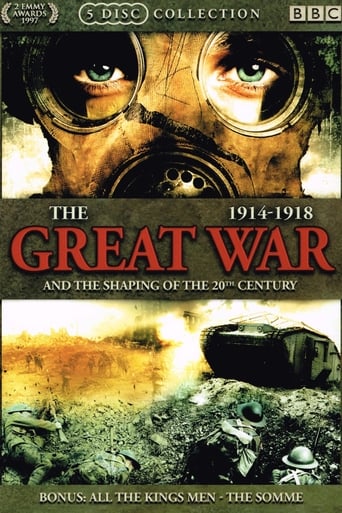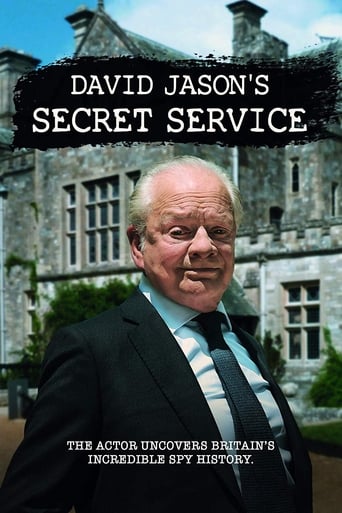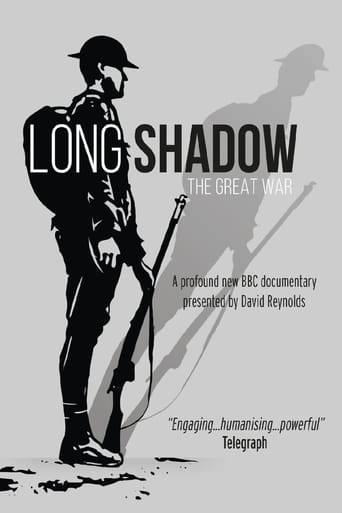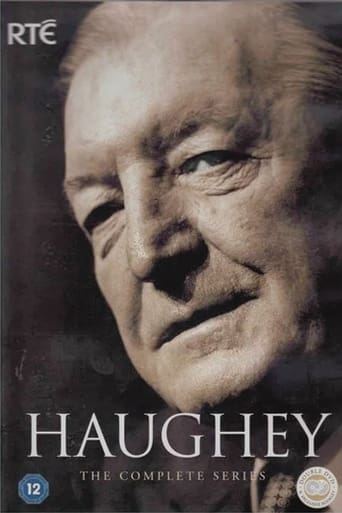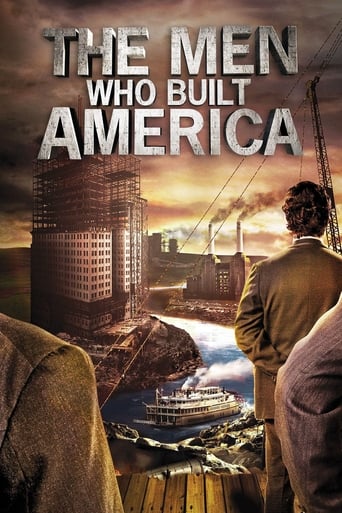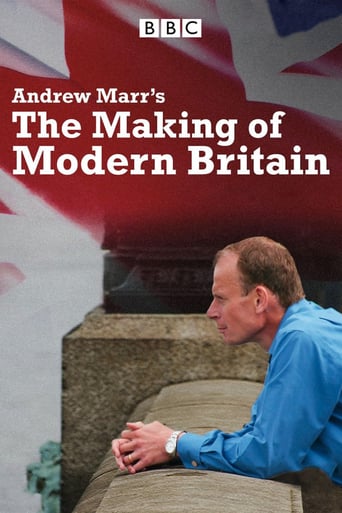The Great War and the Shaping of the 20th Century Season 1

The Great War and the Shaping of the 20th Century is a 1996 documentary series that aired on PBS. It chronicles World War I over eight episodes. It was narrated by Dame Judi Dench in the UK and Salome Jens in the United States. The series won two Primetime Emmy Awards: one for Jeremy Irons for Outstanding Voice-Over Performance, the other for Outstanding Informational Series. In 1997, it was given a Peabody Award.
Watch NowWith 30 Day Free Trial!
The Great War and the Shaping of the 20th Century
1996
The Great War and the Shaping of the 20th Century is a 1996 documentary series that aired on PBS. It chronicles World War I over eight episodes. It was narrated by Dame Judi Dench in the UK and Salome Jens in the United States. The series won two Primetime Emmy Awards: one for Jeremy Irons for Outstanding Voice-Over Performance, the other for Outstanding Informational Series. In 1997, it was given a Peabody Award.
Watch Trailer
The Great War and the Shaping of the 20th Century Season 1 Full Episode Guide
Examines the cost of the war and its continuing reverberations through the rest of the 20th century.
Covers the continuing blockade on Germany as the Allies drew up the Treaty of Versailles, with considerable focus on Woodrow Wilson’s role in the Paris Peace Conference.
Account of the sudden ending of World War One in 1918, tracing the various causes responsible for Germany's ultimate downfall, including a failed offensive, the Americans joining the Allied Forces and crumbling civilian morale. Archive footage reveals the momentous occasion when the guns fell silent on the 11th hour of November 11, and British and German troops shook hands.
Account of the despair which swept Europe in 1917, as World War One dragged on into its fourth year with no end in sight. While British doctors struggled to find an effective shell-shock treatment for patients, including poet Wilfred Owen, half of the French army mutinied and Russia was gripped by revolution.
The stories of the battles of Verdun, the Somme and Passchendaele, three of World War One's most bloody encounters, using newsreel footage taken at the scene during a time when film was on the verge of becoming a major influence on the public's perception of warfare
An insight into the personal experiences of people caught up in World War One, with diaries and letters shedding light on the conflict. One million women left the home to work in Britain's munitions factories, while soldiers' families lived in dread of receiving a telegram or telephone call bearing bad news.
At the start of World War One it was predicted the fighting would be over in a matter of weeks, owing to technical advances in weaponry. But the reality proved entirely different as soldiers dug into the ground to escape artillery, trenches began to spread for miles and the Western Front developed.
Instability in Europe is fueled by Germany's growing militarism, Kaiser Wilhelm II's obsession to match the British Royal Navy, and French and German war plans before the assassination of Archduke Franz Ferdinand of Austria triggers combat.
Free Trial Channels
Seasons


